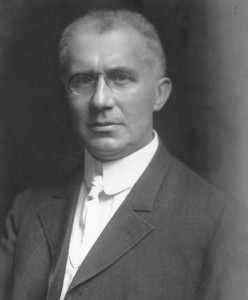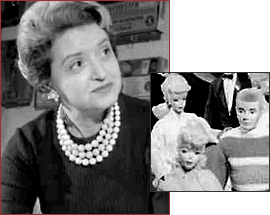Inventor of the Gramophone and Helicopter
Emile Berliner (1851-1929) was born in Hanover, Germany. Though he studied to be a merchant like the rest of his family members, he was always more interested in invention. With the outbreak of the Franco-Prussian War in 1870, Berliner fled to the US and settled in New York. During the day, he struggled to make ends meet by delivering newspapers and doing other petty jobs, while at night he studied physics. He became interested in the new technology of telephone and began working on sound transmission. Berliner first invented a new phone transmitter that was later adapted to make the first microphone. Bell Telephone Company bought out his patent and hired Berliner. He worked for Bell until 1883, when he established his own company. Building on previous phonograph technology, Berliner revolutionized the world in 1887 by inventing the gramophone and the flat disc record. At first, it was sold as just a toy, and only in Europe. In 1895, Berliner managed to get a $25,000 investment for his invention, and started the US Berliner Gramophone Company. Unfortunately, others stole his patents and sold unauthorized records, and Berliner was eventually unable to sell his own invention. He moved to Canada, started a new company, and soon focused on other technologies. One of these was an automatic loom for mass-producing clothes. Another, more famous, was the first helicopter. For over twenty years, Berliner focused on developing vertical flight machines, with the help of a number of other inventors and scientists. He designed the vertical rotor that made modern helicopters possible. In 1922, Berliner demonstrated the first helicopter to the US Army. Meanwhile, Berliner wrote and published five books, and was a noted advocate for public health and better sanitation. He won a number of prestigious awards for his work, which forever transformed the music, clothing, and flight industries.
Words of the Week
The souls of all the living… On Rosh Hashanah will be inscribed and on Yom Kippur will be sealed: how many will pass from the earth and how many will be created; who will live and who will die… Who will rest and who will wander, who will live in harmony and who will be harried, who will enjoy tranquility and who will suffer, who will be impoverished and who will be enriched, who will be degraded and who will be exalted. But repentance, prayer, and charity avert these severe decrees!
– Verses from Unetanneh Tokef, sung during Rosh Hashanah prayers




